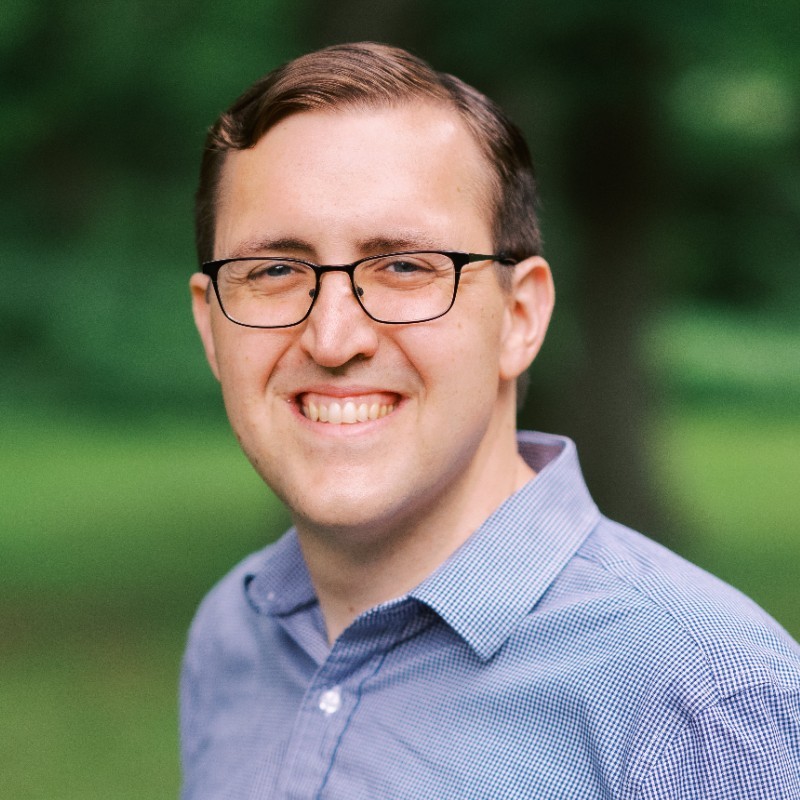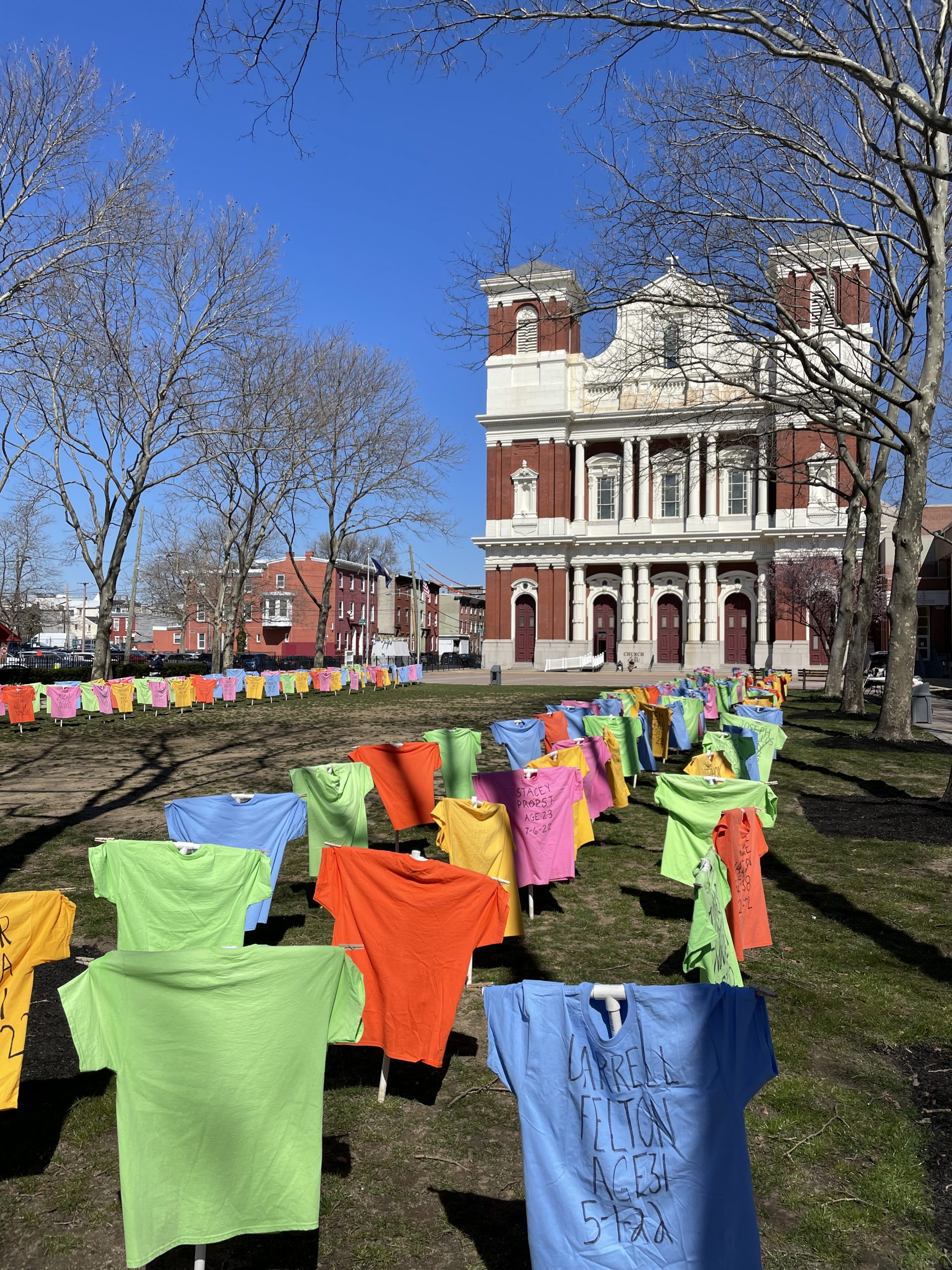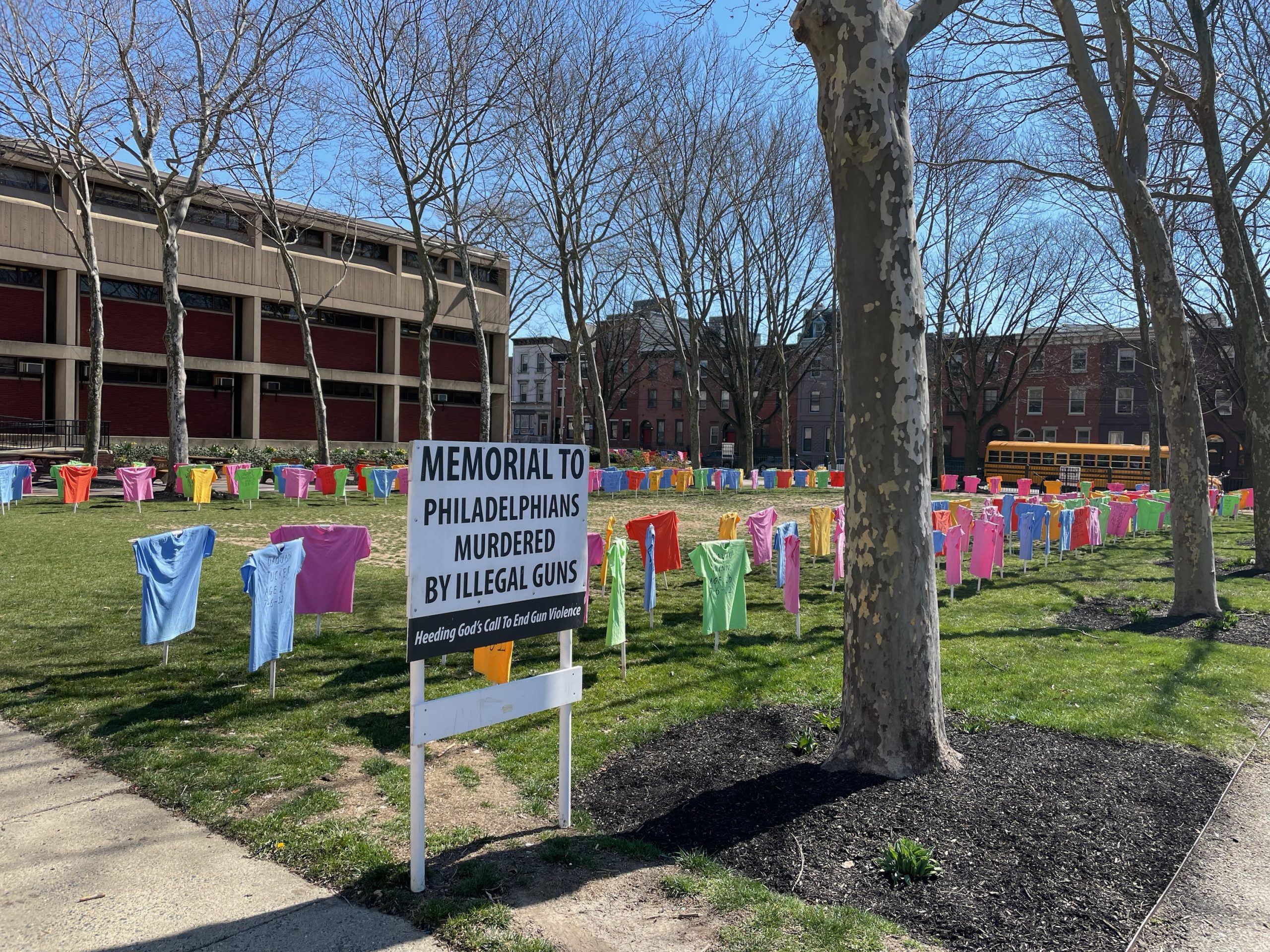
Building a Better Tomorrow
By Patrick Carey
Over the past ten years, John Dougherty has dedicated his life to serving within Catholic college preparatory institutions in Philadelphia, Pennsylvania. His daily activities include organizing student retreats, collaborating with religious leaders, and crafting film reviews that become essential lessons that are aligned with his faith. Currently, he works as the Director of Campus Ministry at St. Joseph’s Preparatory School in northern Philadelphia. This private school distinctly stands out in an aging, lower-income neighborhood. Dougherty emphasizes that this location is deliberate, driven by the school’s ethos of actively engaging with its surroundings rather than existing in comfort. He positions himself at the forefront of the school’s ongoing efforts to connect with the local community, emphasizing the establishment’s commitment to neighborhood outreach.
He works with students to engage with their community and give back through homeless outreach, hunger prevention programs, and work in nursing homes. However, Dougherty’s most important work is pushing back against gun violence. In 2022, the City of Philadelphia Office of the Controller reported 474 fatal shootings and 1,789 nonfatal shootings. During that year, Dougherty helped put up 380 shirts with victims’ names outside of the school as a powerful statement on gun violence in the city. Dougherty said, “I was very proud of that… putting it out there and saying it’s not about a political party, it’s about something destroying our city.” As part of the ongoing stand against gun violence, the school also partnered with the Philadelphia Police Department to run two gun buy-backs as well as sending a group of students to Harrisburg, PA to protest against gun violence.
outside of the school as a powerful statement on gun violence in the city. Dougherty said, “I was very proud of that… putting it out there and saying it’s not about a political party, it’s about something destroying our city.” As part of the ongoing stand against gun violence, the school also partnered with the Philadelphia Police Department to run two gun buy-backs as well as sending a group of students to Harrisburg, PA to protest against gun violence.
Although they work heavily within the community, Dougherty noted that many of the students who attend the school do not live in the neighborhood. It was important for him that the students see how a community that they are not a part of can be affected by large systemic issues. Working in the community around the school and confronting major issues with large displays gives the students that exposure. Dougherty explained that exposure is so vital because, “we have kids who come from communities in positions of privilege.” He continued, “I think it’s possible to go out and do service and just walk away and think I’m so lucky, but this is scary. Why would people live like this?” His hope is the students walk away with a very different perspective than the one they were born into and start to question, “the conditions that make a place like this.” In a much broader sense, Dougherty acknowledges and hopes his students come to understand that it is a complex issue, and this is just the beginning of the journey. Just doing the work is not enough, he explains, “there are systems at play here, there’s structure and history. Hopefully high schoolers start to think about it.”
understand that it is a complex issue, and this is just the beginning of the journey. Just doing the work is not enough, he explains, “there are systems at play here, there’s structure and history. Hopefully high schoolers start to think about it.”
Dougherty and his colleagues are at the forefront of education for the next generation. Through his tireless work and outreach, he is not just building a better community for the moment but building a better tomorrow.
